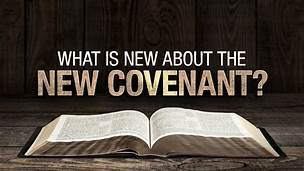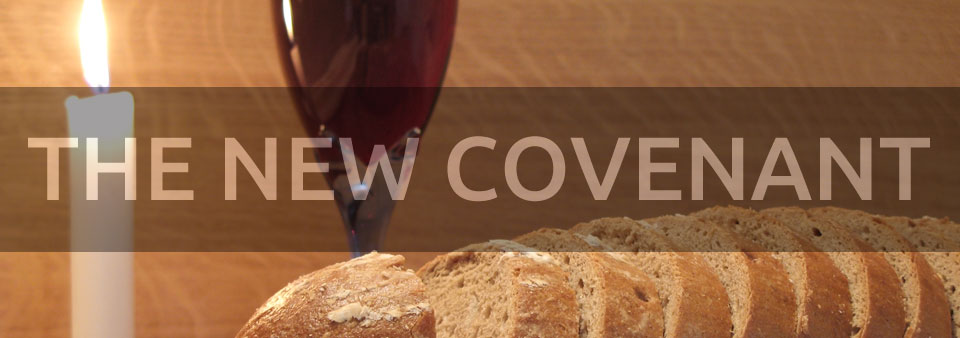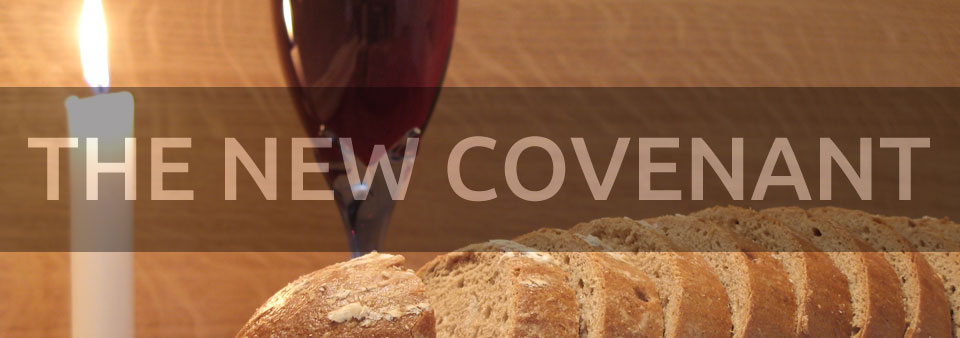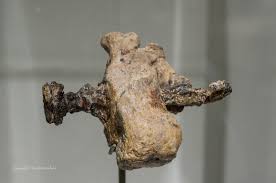
Hebrews 8
Hebrews 8:2, 5, The true tabernacle…heavenly things. The Tabernacle of Moses was merely an earthly or physical replica of the one that exists in heaven where Yeshua is no ministering as our Great High Priest before the throne of YHVH Elohim the Father (see Heb 9:11, 23–24; Rev 8:3–5; 9:13; 14:17, 18; 16:7, 17; 11:19; 15:5, 6).
Hebrews 8:6, Better covenant … better promises. (See Heb 9:11–15.) In the Greek, the word better is kreitton meaning “more useful, more serviceable, more advantageous, more excellent.” The Renewed Covenant is a better covenant for the reasons discussed in the notes in verse eight. In 2 Cor 3:7 calls it “the ministry of the Spirit” and refers to it as “more glorious” than the former covenant. The Renewed Covenant comes with Yeshua’s promise that from within our heart the Set-Apart Spirit will empower and lead us into all truth. Moreover, under the Renewed Covenant, the promise of salvation resulting in eternal life in the kingdom of Elohim is spelled out more clearly. The Renewed Covenant also carries with it relief from the penalty of the law, which is death, for those who put their faith in Yeshua’s atoning and substitutionary death (see notes at 2 Cor 3:7). Through the Spirit and blood of Yeshua, one’s sin conscience is now cleansed in that the guilt from sin is removed (Heb 9:14). Also, as discussed in the verse eight notes, the covenant (or contract) is the actual agreement between two parties. The terms and conditions of a covenant (or contract) are something else. Torah was the terms and conditions of YHVH’s agreement between himself and his people. When the author here uses phrase like “better covenant,” this in no way implies that the Torah has been abrogated. If this were true, then this flies in the face of what is said elsewhere in the Testimony of Yeshua to the contrary (e.g. Matt 5:17–19; Acts 21:24; 24:14; 25:8; Rom 3:31; 7:14; 1 John 2: 3–6; 3:4; Rev 12:17; 14:17; 22:14).
Hebrews 8:8, Finding fault with them. What was the fault of the first covenant? The Torah-law of Elohim, or the people who failed to abide by the terms of the covenant, i.e, the Torah? The next verse gives us the answer: “because they continued not in my covenant…” The Israelites were at fault.
YHVH gave Israel his Torah-laws (or instructions in righteousness) to teach them how to love him and to love their neighbors (Mark 12:29–31). If they followed his Torah-instructions, he promised to bless them (Deut 28:1–14), and declared that all would go well with them (Deut 4:30). Of course, we know the sad history of ancient Israel and how they rebelled against YHVH again and again. There was nothing wrong with his Torah laws, which said, you shall not murder, steal, commit adultery, lie, covet, kidnap, commit homosexuality or incest, worship false gods, take YHVH’s name in vain, keep his Sabbaths, don’t practice divination, honor your parents and so on. What’s wrong with these? Nothing. The fault was with the people who failed to abide by these standards of righteousness, and this is exactly what the author of Hebrews is saying here. Because the people broke their contractual or covenantal agreement with YHVH and literally abandoned him for false gods, he was forced to make a new covenant with other people who would have the heart and love and obey him. This is exactly what Jeremiah prophesied would occur, and the writer of Hebrews is simply quoting Jeremiah in this passage. What is the main difference between the first and second covenants? As the Israelites of old didn’t have the heart to obey YHVH because of the hardness (or carnality) of their hearts (Heb 3:8, 15; 4:2, 7), YHVH promised through Jeremiah to renew his covenant with the descendants of the ancient Israelites (i.e. the house of Israel and the house of Judah, Jer 31:31; Heb 8:8), but this time, by his Spirit, he would write his Torah-laws on their hearts and in their inward parts, so they wouldn’t resist obeying him, but would desire to be pleasing in his sight. So the fault was with the hard-hearted Israelites, not with YHVH standards of righteousness called his Torah-laws!
New covenant. (For a discussion on the etymology behind the phrase new covenant see notes at Matt 26:28.)The (renewed) covenant of Jeremiah 31:31 is the same covenant to which the writer of Hebrews makes reference in Hebrews 8:7–13. From the author’s perspective, the renewed covenant isn’t fully in place yet, and the former covenant is decaying (wearing out), growing old and vanishing away (disappearing). The indication is that it has not totally gone away yet.

Yeshua initiated the renewed covenant at his last Passover supper (Luke 22:20). The renewed covenant has already been presented for believers in Yeshua, but it hasn’t been universally applied to all Israel yet. This will occur when the two houses of Israel will return to the Promised Land after they have been set free from spiritual Babylon.
YHVH’s Word tells us that no man can add or subtract from the terms of the renewed covenant (Gal 3:15). When Yeshua initiated this covenant at his Passover, the Torah was in force then, and not one jot or tittle was removed from the Torah, which are the terms of the former and renewed covenants. Any traditions that came into the Christian (Sunday, Christmas, etc.) or Jewish religious systems which are contrary to the Torah are men’s additions, and are therefore invalid.
Even as there was a gradual process of phasing in the former or first (old) covenant, the same is true of the renewed covenant. With the former covenant, the Israelites put the blood or the lamb on their door posts at Passover, prepared themselves for to meet YHVH at Mount Sinai (Exod 19), were then presented with the terms and conditions of the Sinai Covenant at Shavuot (the Feast of Weeks or Pentecost, Exod 20–23), and then the covenant was ratified (Exod 24). After that, subsequent generations of Israelites automatically entered into that covenantal agreement as they were born (Deut 29:12–15). Similarly, Yeshua initiated the renewed covenant with redeemed Israelites in his day when his blood was put on the cross at Passover, and when he wrote his Torah (the terms and conditions of the renewed covenant on their hearts by his Spirit on Pentecost. This began the process of regathering scattered and adulterous Israel back to YHVH through the blood of Yeshua the Lamb of Elohim.
Continue reading








